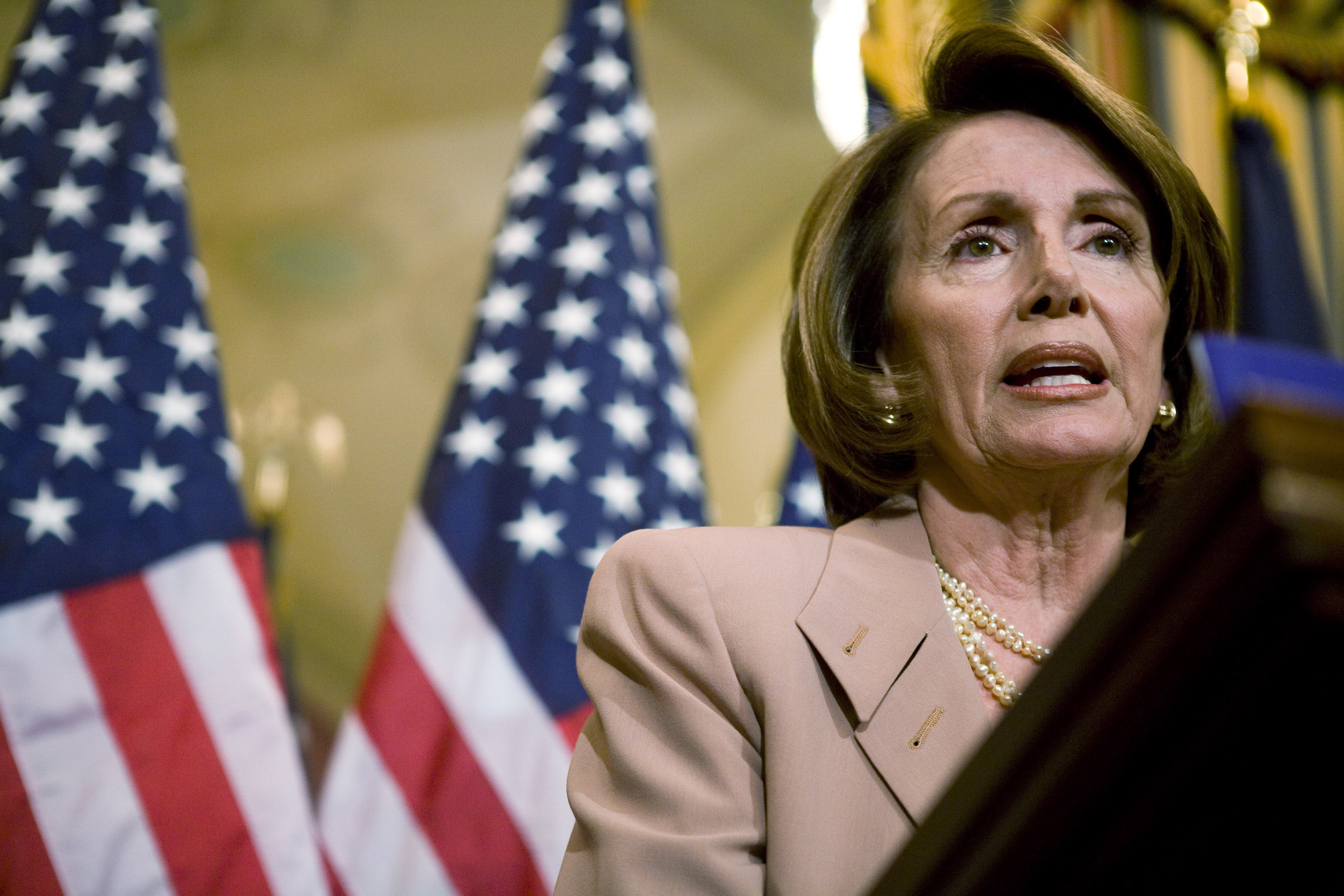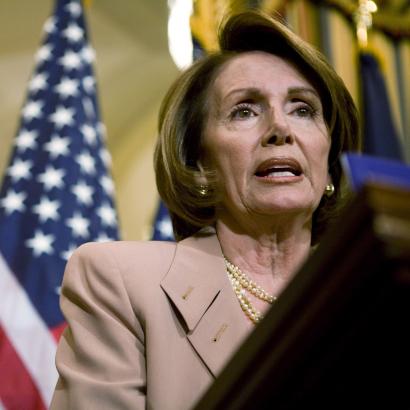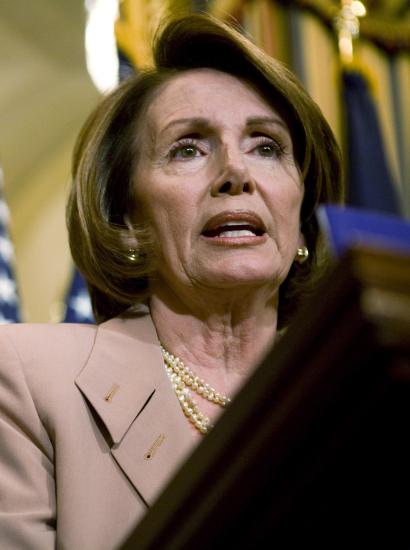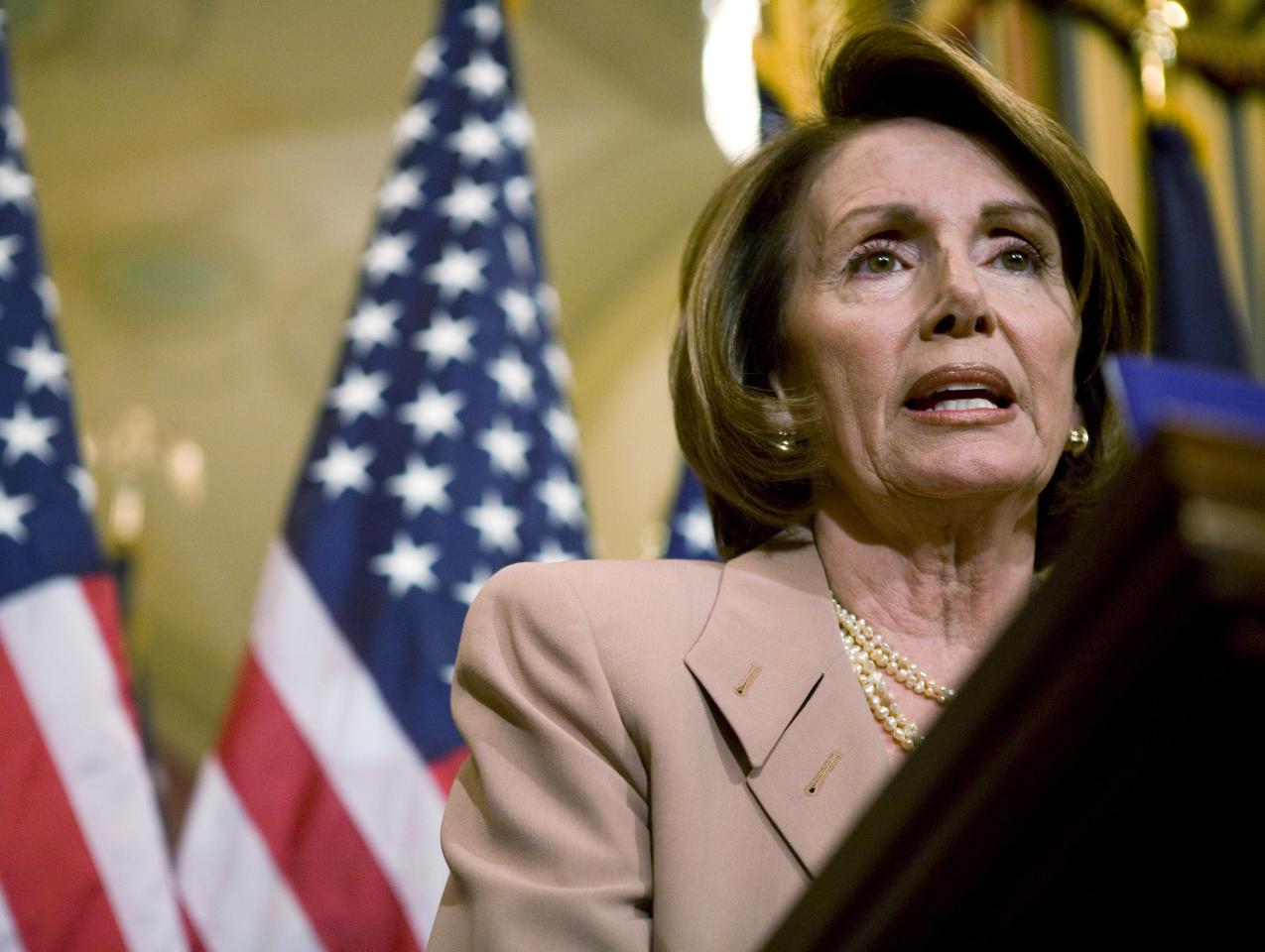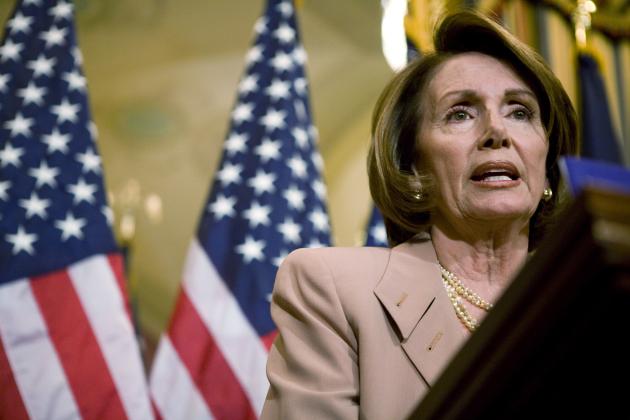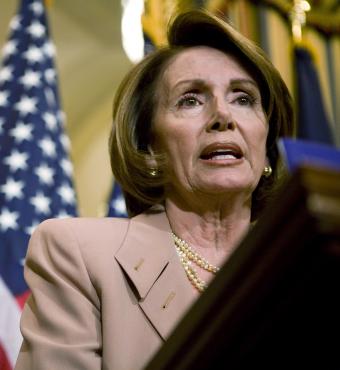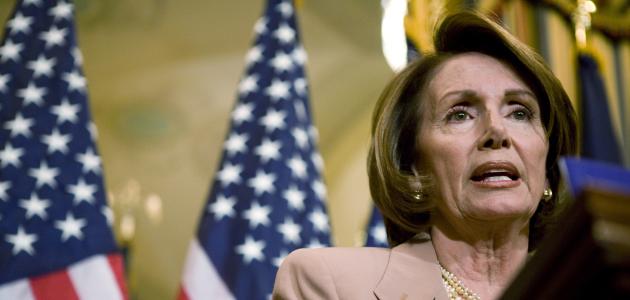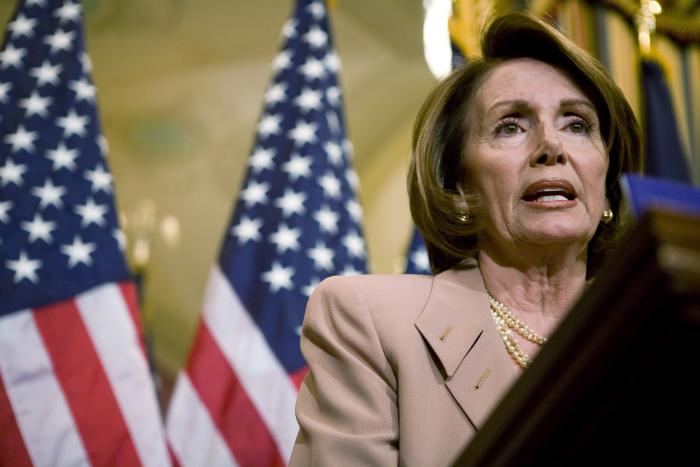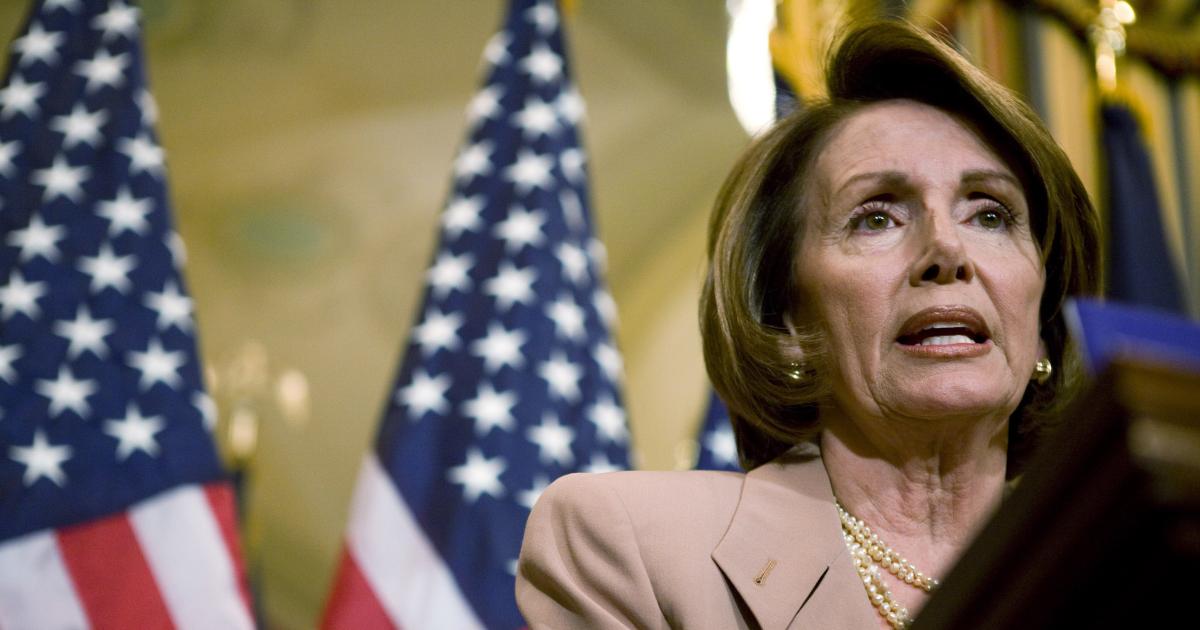- Politics, Institutions, and Public Opinion
The political climate in the United States recorded new lows last week as the Democrats began a concerted effort to impeach Donald Trump for his telephone conversation on July 25, 2019 with Ukrainian President Volodymyr Zelensky. The conversation was no clandestine affair but rather took place in a fishbowl before both a bevy of professional notetakers located in the White House situation room and a squad of Ukrainian observers.
The President released this conversation after an anonymous whistleblower filed a complaint on August 12, 2019 with Republican Senator Richard Burr of North Carolina and Democratic Representative Adam Schiff of California. That letter asserted ominously that “in the course of my official duties, I have received information from multiple U.S. government officials that the President of the United States is using the power of his office to solicit interference from a foreign country in the 2020 U.S. election. The interference includes, among other things, pressuring a foreign country to investigate one of the President’s domestic political rivals,” which in this case referred to former Vice President Joe Biden and his son Hunter.
This initial complaint was then followed up by thousands of denunciations of Trump. Schiff concluded that the President had betrayed the nation and his oath of office in conducting a “criminal shakedown” by asking Zelensky to do him a “favor” by digging up dirt on Joe Biden. Democratic stalwart David Axelrod nastily tweeted: “If a Dem president quietly held up aid to [a] country & a week later called that country’s president to ask him the ‘favor’ of digging up dirt on an opponent, the @GOP in Congress would be screaming holy hell and demanding impeachment. And they would be right!”
Sean Collins and Alex Ward of Vox opined that “[t]he timeline of Trump’s decision to withhold aid to Ukraine is increasingly suspicious.” Zelensky had mentioned on the call that his country was “almost ready to buy more Javelins from the United States for defense purposes.” Collins and Ward then insist, “Trump responded he’d like Zelensky to do him a ‘favor’ in return: investigate former Vice President Joe Biden and his son. It certainly seems like a quid pro quo was pretty clearly implied: You want your aid? Help me dig up dirt on my 2020 political rival.”
Impeachment does, or at least should, give rise to the most serious deliberations. This case does not come close to meeting that standard. Both the whistleblower complaint and the rough transcript of the phone call are in the public domain. The only correct verdict is that the whistleblower is reckless, if not outright dishonest, in putting forward this complaint. The political commentators are every bit as bad in drawing overwrought inferences by taking passages out of context or adding hostile inferences to innocuous texts. Worse, the quoted sentence from the whistleblower’s letter reveals that his entire case relies on hearsay of multiple conversations to which he was not privy, so it is impossible to cross-examine either the whistleblower or any of his alleged sources. Sadly, reliance on this information led the Inspector General of the Intelligence Community to conclude that the report “appears credible,” even though “the ICIG’s preliminary review identified some indicia of an arguable political bias on the part of the Complainant in favor of a rival political candidate.” No mention was made of who that candidate was, and what those indicia of bias included.
Nonetheless, the Democrats are gearing up to impeach on double hearsay, even though the best evidence of what happened is the call itself, which does not contain a shred of evidence to support the inflammatory charge that Trump was pressuring Zelensky to “dig up” dirt on Biden to improve the President’s chances of reelection.
For starters, neither President Trump nor President Zelensky mentions either the 2016 or 2020 presidential elections, let alone a possible role for Zelensky to interfere in 2020. Nor is there the hint of tension, let alone pressure, anywhere in this conversational lovefest where each man tries to outflatter the other. Trump does boast that “we do a lot for Ukraine,” but far from this being some kind of veiled threat, that observation only serves as an opening wedge for the President to slam Angela Merkel of Germany and a “lot of the European countries” for freeriding off the United States by underinvesting in their own defense. Zelensky agrees “[n]ot only 100% but actually 1000%” about Merkel.
Buoyed by the news, Trump gets personal and asks, “I would like you to do us a favor.” Schiff and Axelrod complete the sentence with the same nontextual embellishment, “of digging up dirt on an opponent.” What was actually said thereafter had nothing whatsoever to do with Biden or his son Hunter. Rather, Trump offered a maddeningly vague set of remarks that asked Zelensky “to find out what happened with this whole situation with Ukraine, they say Crowdstrike”—a one-off reference to the American cybersecurity firm—which was followed by an equally vague suggestion “to have the Attorney General call you or your people and I would like you to get to the bottom of it.” It is not clear what “it” refers to, but in the next sentence Trump indicates that he was still clearly irritated by the recently concluded Mueller Congressional testimony, which he rightly described as “an incompetent performance.”
At this juncture, Zelensky renews his pitch about the need to control corruption in both countries. He, not Trump, then introduces Rudy Giuliani’s name for the first time: “one of my assistants spoke with Mr. Giuliani just recently and we are hoping very much that Mr. Giuliani will be able to travel to Ukraine and we will meet once he comes to Ukraine,” after which Zelensky expresses the hope that “we can continue our strategic partnership.” He then states categorically, “I guarantee as the President of Ukraine that all the investigations will be done openly and candidly.” This general conversation contains no reference to military assistance or any hint of coercion. Collins and Ward are correct to note in principle that coercion may be either express or implied. But the burden is on them to show something, anything, in this context that supports finding a veiled threat made in front of more than a dozen individuals.
Only then does Trump turn to Biden right after Zelensky’s pledge of an honest investigation by praising a “very good prosecutor” after again offering the services of Giuliani to Zelensky, although it is not clear to what end. Here is the full quotation:
There's a lot of talk about Biden's son, that Biden stopped the prosecution and a lot of people want to find out about that so whatever you can do with the Attorney General would be great. Biden went around bragging that he stopped the prosecution so if you can look into it... It sounds horrible to me.
Trump does not detail any particulars, but Biden had bragged, in public no less, about his ability as Obama’s point man on Ukraine to demand a quid pro quo for American aid. “I looked at them,” Biden boasted, “and said, ‘If the prosecutor is not fired, you’re not getting the money.’” As Biden explained, that money was a billion-dollar loan guarantee, which in fact was granted only after said prosecutor was fired. Nor was this demand a spur of the moment decision. Biden was in charge of the Ukraine portfolio and was in Kiev for the twelfth or thirteenth time. He scoffed that the Ukrainians asked for presidential confirmation of Biden’s demand, to which Biden answered, call him yourself.
What Biden did not mention in his clip, however, was that his son Hunter was a director of the Ukrainian private gas company Burisma for the salary of $50,000 per month while the company was under investigation by that same prosecutor. There is an extensive dispute as to whether Biden sought to derail a dangerous prosecution, or to facilitate the appointment of a better prosecutor to put the screws on Burisma, or to just simply drop the matter altogether.
But it is important not to lose sight of three key points.
First, it is usually uncommon for any foreigner to interfere in internal decisions. Indeed, a former Prime Minister of the Ukraine now wants to investigate Hunter Biden for possible violations of Ukrainian law.
Second, as it has been argued, and disputed, Hunter Biden did not violate any laws by being on Burisma’s Board. But legal or not, as Bill Maher recently fulminated, hiring him at all for such an outlandish payoff suggests a conflict of interest and an attempt to gain influence with a powerful father. Joe Biden will probably suffer from negative political fallout as he now must engage in damage control just when he is falling behind his more progressive challengers.
Third, all lingering uncertainty about the legal issues puts the Trump inquiry into perspective: just why is it an impeachable offense to ask about a dubious relationship that implicates both nations? There is no way to read Trump’s question as asking for the Ukrainians to dig up dirt on Biden. Impeachment is the ultimate constitutional sanction, and it should never rest on ugly innuendo and fanciful implication. For Democrats to pursue the risky impeachment option shows more about their frenzied collective state of mind than it does about Trump’s many foibles. Democratic grievances about Trump should be resolved on election day. In reality, partisan gambits such as this are only more likely to improve, not hurt, Trump’s odds of reelection.







